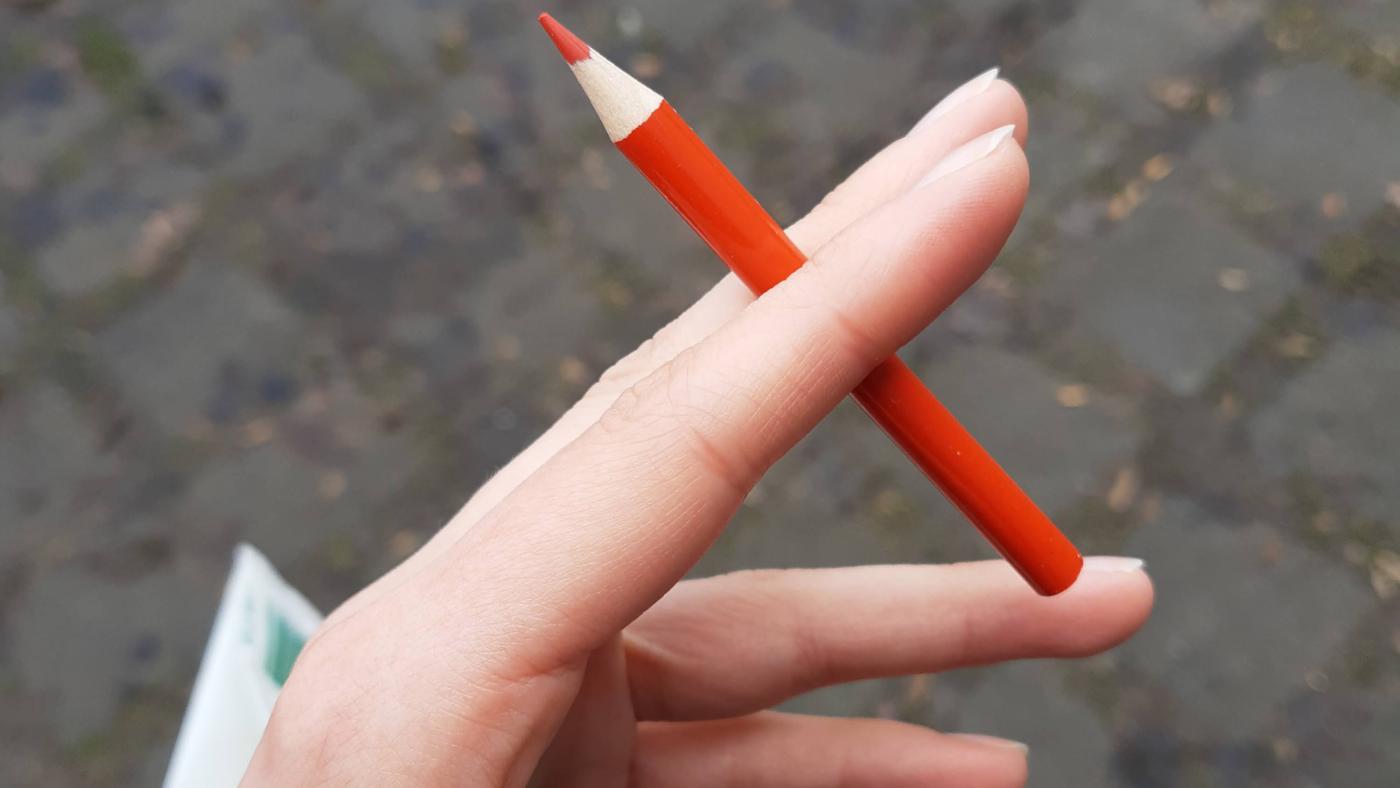Growing interest in voting for University Council
Approximately a quarter of staff and students voted for University Council

In the University Council elections, 23.6 percent of students cast their votes. In addition to voting for the central council, students could also vote for faculty councils. The turnout for the faculty councils of Veterinary Medicine and Humanities was higher than for the University Council.
Veterinary Medicine students seem to be the most motivated to vote. Last year, 35.5 percent voted for the faculty council, compared to 42.3 percent this year. Veterinary Medicine students are actively campaigning, which seems to be paying off.
Humanities saw a similar increase in interest in the faculty council, from 17.4 per cent in 2024 to 24.9 percent now. The cuts that are leading to the discontinuation of independent programmes may have played a role in this faculty.
Interest was lowest among students in the Faculty of Medicine, with a turnout of 7.9 percent.
The turnout for the staff section of the University Council was 26 percent this year. The turnout was higher for almost all faculty councils and the Empolyees’ Consultative Body. Only the science students seemed to have little interest in voting. Only 16.7 percent of them cast a vote for the faculty council. Of all staff at the Faculty of Law, Economics & Governance, more than half cast their vote: 52.8 percent. No other faculty achieved such a high percentage.
Growing interest
Interest in voting for the University Council has been growing in recent years, among both students and staff.
Until the digital corona year 2022, approximately one-fifth of all students voted for the council, with 2018 as the record year when 26.8 percent of all students cast their votes and 2022 as the low point when only 11 percent of all students took the trouble to vote. Since then, interest has been growing again. This year, 23.6 percent of all students voted, compared to 18 percent last year.
This year, there were five parties to choose from. Three parties have stated in their election programmes that they will urge the Utrecht University board to sever ties with Israeli universities. This is an issue that continues to stir emotions. Just before the elections, pro-Palestinian demonstrators occupied the courtyard of the University Library in the city centre, and they are still there today.
Staff representation on the University Council
In recent years, interest among staff for a seet in the University Council has declined. Although elections are held every year for students, they are held every two years for staff. In 2023, there were a total of 15 candidates for the 12 seats. This year, there were exactly 12 candidates.
Unlike the student representation, the staff representation works with four districts: alfa/gamma, science/veterinary medicine, support staff and medicine. For the alfa/gamma district, there was one more candidate than seats, which means that elections are necessary according to the electoral regulations. Meanwhile, the science/veterinary medicine district had one candidate less than the number of seats. To prevent seats from remaining vacant, other electoral districts may fill these seats. This means that all 12 candidates who were eligible for election would have been elected to the council even without elections.
Nevertheless, this did not really dampen interest in voting for the University Council. This year, 26 percent of all employees voted for the University Council, compared to 27.2 percent in 2023 when there was more choice.
An employee emailed DUB to say that he and his colleague had not voted. This was because they wanted to know the positions of Lijst Vlam and the UPP (for PhD & Candidates) and what would therefore be the best choice for them. However, this employee wrote that he could not find the election programmes for this year. Neither Lijst Vlam nor the UPP had updated their websites – only information from 2023 was available. He wrote: “Do these parties expect us to vote for them if they can't even be bothered to put their current election programmes on their websites? Because we don't know who is standing for election and what they stand for, we have decided not to vote.”
Turnout for the 2025 participation council elections
Percentage of votes cast
| Staff | Students |
Faculty of Science
| 16,7 | 15,3 |
Faculty of Veterinary Medicine
| 29,1 | 42,3 |
Geosciences
| No elections | 14,1 |
Humanities
| 37,2 | 24,9 |
Faculty of Medicine
| No elections | 7,9 |
Law, Economics & Governance
| 52,8 | 16,1 |
Social & Behavioural Scienes
| 42,5 | 19 |
University Corporate Offices
| 38,9 | No student members |
University Council
| 26 | 23,6 |